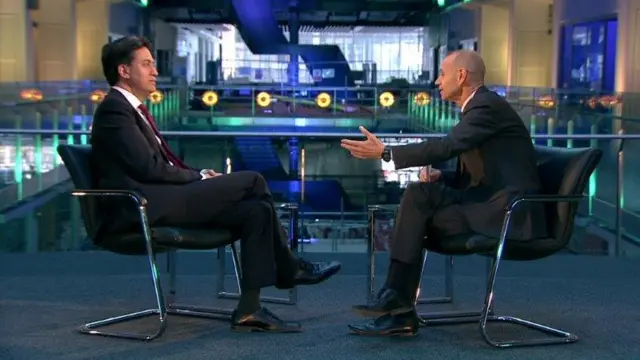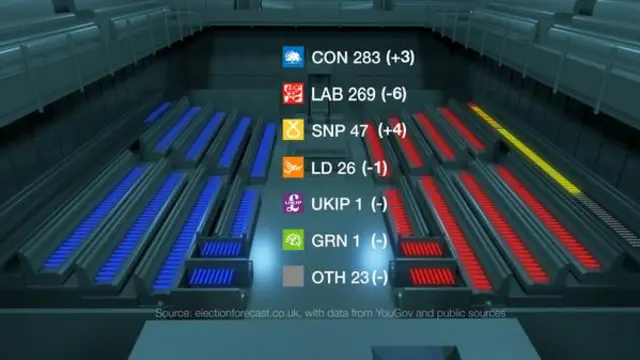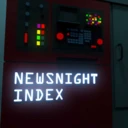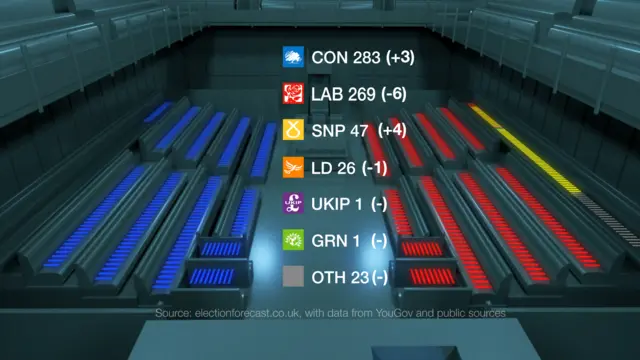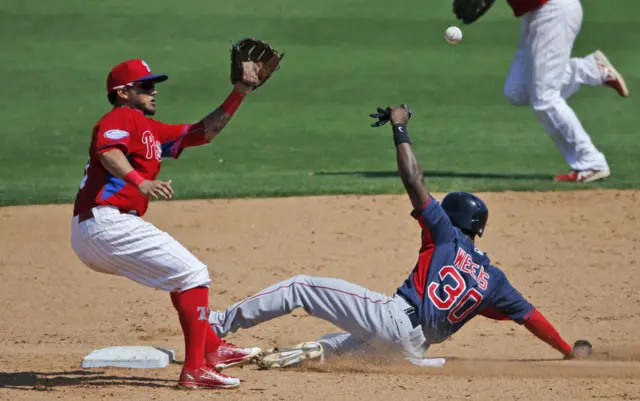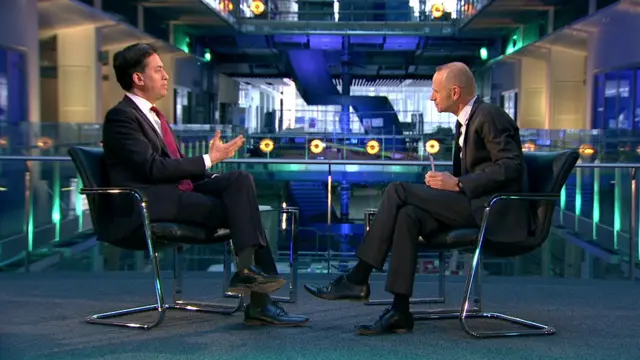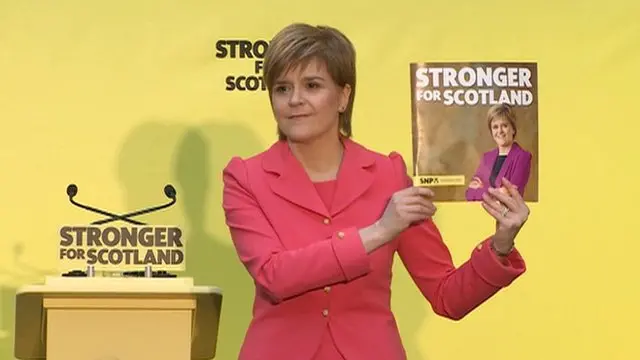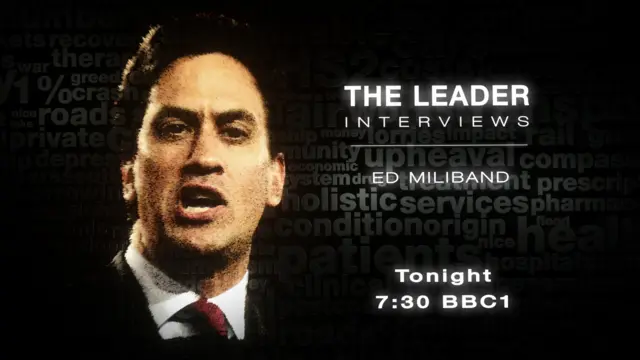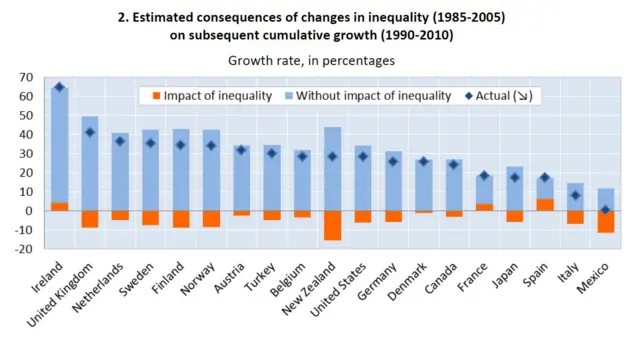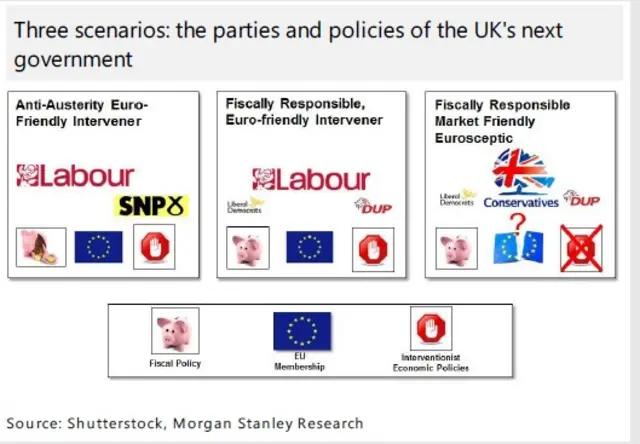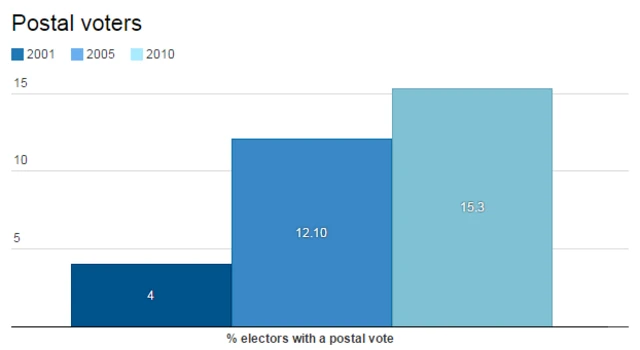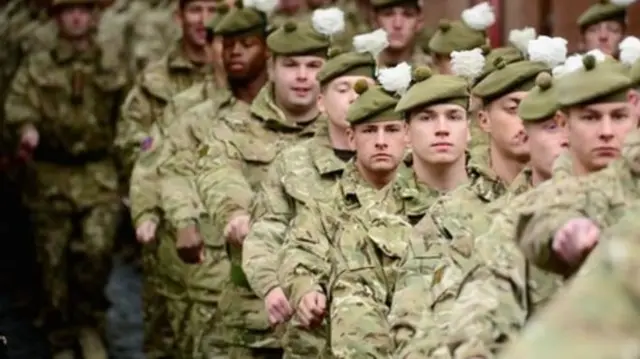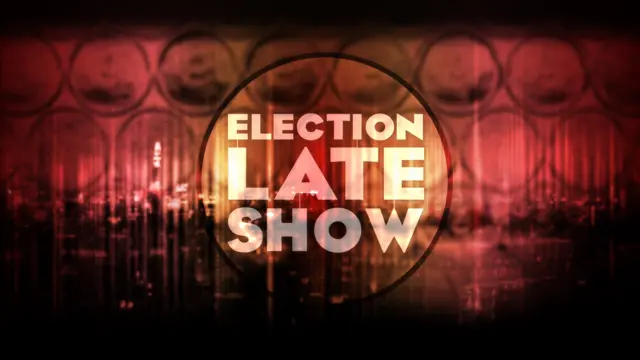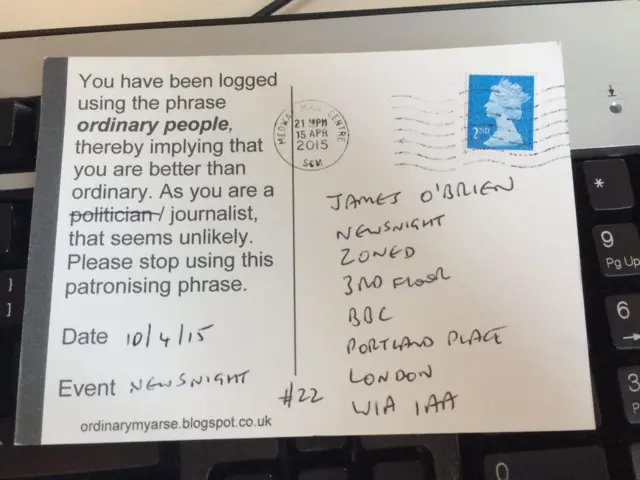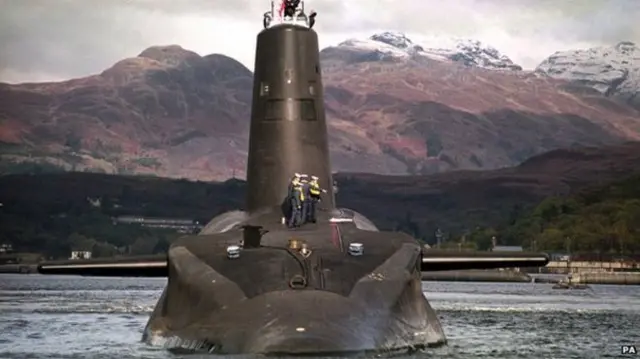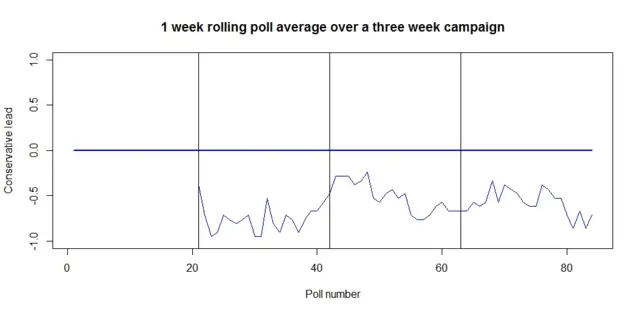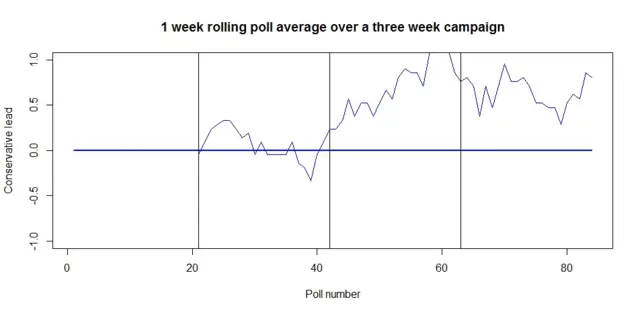2015 Now Doubtful for Chilcot Reportpublished at 22:55 BST 20 April 2015
 Mark Urban
Mark Urban
Newsnight Defence and Diplomatic Editor
Many of us were expecting the long awaited inquiry into the Iraq war to be published soon after the election, following a decision in January by its Chairman Sir John Chilcot that it could not be published in the run up to next month's poll. Now somebody with a close interest in the inquiry tells me, "nobody thinks it will come out this year".
This revelation is confirmed by another involved the process called 'Maxwellisation', under which the inquiry offered those it intended to criticise the chance to answer before the publication of any report. They say, "once they had failed to meet the pre-election deadline, they gave up trying to speed things up". Many have assumed that Sir John chose not to publish before polling day because of concerns that criticisms of Tony Blair's government might be seen as harmful to today's Labour Party.
However those I've spoken to in recent months say the Maxwellisation process has become a nightmare. Some of the dozens criticized have had to sift through Chilcot inquiry drafts that run to hundreds of pages. Others have engaged in a lively correspondence with the inquiry team, asking to draw on all sorts of additional correspondence in their defence.
While Sir John originally intended to give those due to be censured a deadline by which they would have to make representations in their defence, these have apparently been abandoned as the complexity of the process has become clear. The inquiry has also suffered from the death of one of its members and staff losses.

